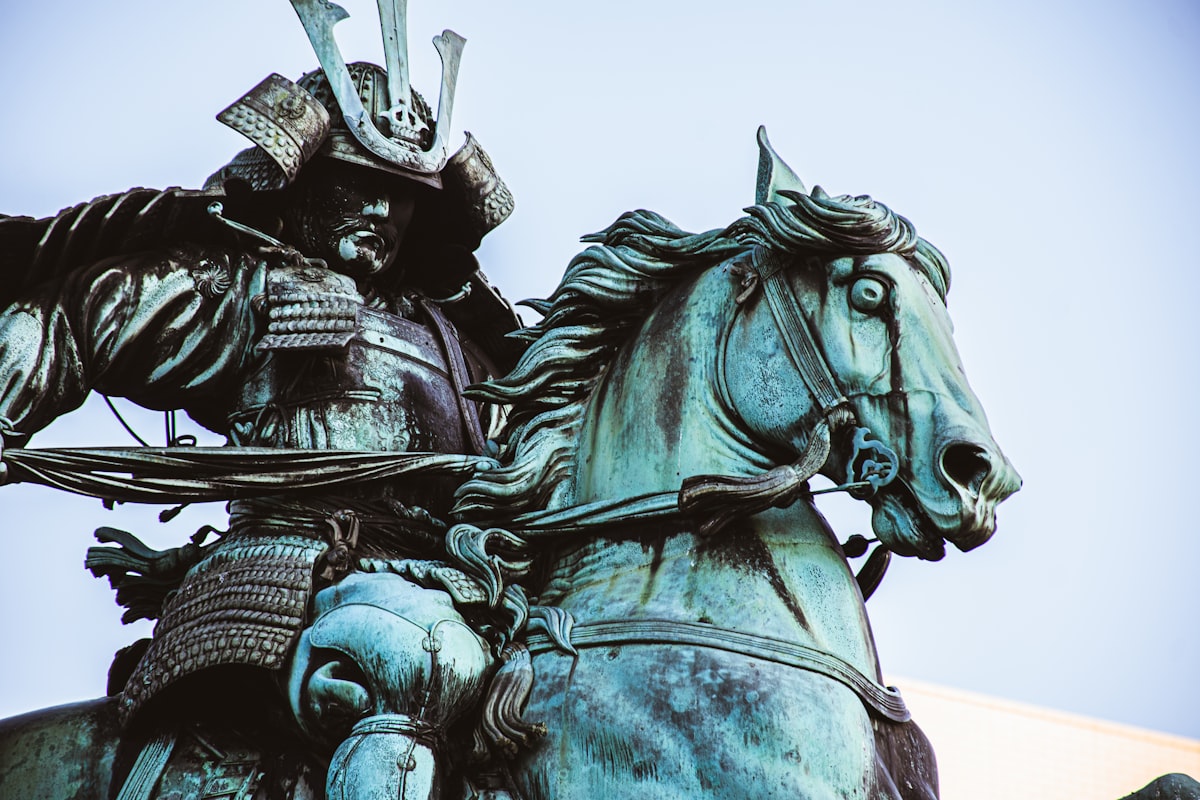____________
KNOWLEDGE AND UNION ARE POWER:
POWER, DIRECTED BY KNOWLEDGE, IS HAPPINESS:
HAPPINESS IS THE END OF CREATION.
No. 7] NOVEMBER 1, 1828. [1d.
13. But this friendly feeling, among the members generally, must not be left to chance and accident. It must not only be recommended as an advantage; it must be enforced as an imperative and paramount duty and obligation. When a man enters a Co-operative Society, he enters upon a new relation with his fellow men; and that relation immediately becomes the subject of every sanction, both moral and religious. Mutual regard, friendship and affection become then as binding upon a member as the duties of common honesty and sobriety. Religion will step in here, as into other relations, and will hold forth her promises of future reward and punishment, in proportion as men are good or bad members of the community to which they belong. Zeal, energy and fidelity will draw after them the glorious rewards of a future life: whilst indolence, indifference and unfaithfulness will naturally anticipate the gloomy sentence of disapprobation and punishment. Though the profession of a common creed will not be one of the objects of a community, yet, every member will be glad to unite in that view of religion which will give additional force and sanction to all their regulations for the common good.
14. However, we cannot withhold our opinion that the delightful feelings of friendship will pervade the whole Society to a considerable extent. The common yearnings of our nature, and the common ties of the Society will necessarily open the hearts of the members. No man will be admitted whose general character is not approved of—so that no obstacle will exist to thwart his inclination to contract friendships among the members. While nothing opposes them, many things will favor them; and when many rivers run in one direction, without opposing currents, they must at last unite in one common ocean.
15. The common capital is the great bond of union. Each member is nothing in his individual capacity—but everything in his social capacity. If he separates himself from the Society and the common capital, he is ruined. While he is united with them his fortune is made. The importance of each member, and the value of his labour, as a single individual, are nothing: so small is the proportion they bear to the whole Society, and the common capital. The older the Society grows, and the larger the capital, the more insignificant is each member as an individual. These, and similar reflections, must make him look to the Society and its common capital, so as to entertain for them the utmost regard and love.
16. But if a number of persons are continually admiring and loving the same object—if that object possesses many beauties and excellencies— if it be the great and unfailing source of their happiness, they must necessarily, by continually loving the same interesting object, draw towards each other in the bonds of love. It would be the height of absurdity to suppose that mankind should be prone, even to a fault, to a common sympathy, under the present course of things—and dead to this sympathy, when united in a common society, with a common capital. It is much more reasonable to suppose, and to prophecy that this sympathy would act in Co-operation, with new energies, and rise occasionally, even to enthusiasm. If men are now to be found, so full of public spirit, as to sacrifice their ease and peace, their prosperity and happiness, and even life itself, for the public good, when the reward is but an empty name, or a monument when they are no longer sensible to the honor, or perhaps the mistaken execration of an ungrateful world—what efforts will they not be capable of, when, to the certainty of posthumous fame, is added the present prosperity and happiness of all around them!
17. Yes! enough has now been done to justify us in anticipating the happiest results: and we are convinced that our motto, “Sirs, ye are brethren,” will be the talisman which every Co-operator will wear next his heart. It will be the rosary on which every member will tell his morning and evening aspirations, to the great fountain of all love—to impart the principles more and more widely and deeply to his own breast, and to those of his friends and brethren. The spirit of Co-operation is the spirit of friendship and brotherly love, which, though small at first, in the infancy of the Society, will gather strength and stature as it goes —will at length lift its head sublimely to the skies, and enfold in its parental and everlasting embrace, all the children of the happy community.
Societies upon the principle of Co-operation have been established at 36, Red Lion Square, London; 37, West Street, Brighton; 10, Queen's Place, Brighton; 20, Marine Place, Worthing; 11, Roan Street, Greenwich; Watson's Yard, Belper, Derbyshire; and 105, New Street, Birmingham, where Works on the subject may be had.
SICKELMORE, TYP. BRIGHTON.



